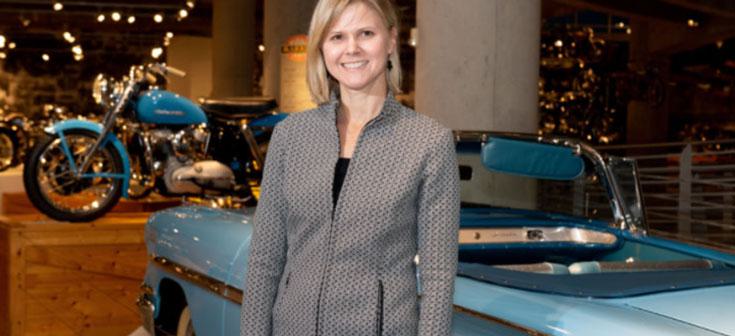Over the last few weeks, a number of fond childhood memories have resurrected from my past; simple memories such as snuggling under my dad’s shoulder as he reads The Tuscaloosa News, listening over and over to my only Kenny Rogers album, or collecting pennies burrowed inside the couch to roll and deposit in the bank.
The holidays have a way of doing that, I suppose — of pulling us toward the comforting nostalgic moments of the past. But I admit, it’s a little unusual for me. Despite having a happy childhood, I’ve never been overly sentimental about the past.
Isn’t that the way it’s supposed to be, after all? Don’t experts warn of the psychological and social dangers of ruminating over a bygone time or looking at the past through rose-colored glasses?
In fact, as a former English teacher, I dare say I might have even shown an insensitivity to the past altogether, as I tended to focus lessons less on the benefits of the past and more on the dangers of over-romanticizing it and letting it destroy the present.
For example, I’ve savored darker fiction like William Faulkner’s “A Rose for Emily,” which recounts how a Southern woman’s inability to accept modernization and social change leads her to a life of isolation and spending her last days sleeping with a dead corpse. I’ve even relished poems such as Edwin Arlington Robinson’s “Miniver Cheevy,” which narrates the tale of a man who spends so much time romanticizing the medieval past and grumbling over the modern world that he ironically drinks his life away.
But now that I’m older and most likely have more of my life behind me than in front of me, I have adjusted my perspective a little. And I have come to two conclusions about the past and the nostalgia it creates.
The first is that while there’s always a danger of over-romanticizing the past in a way that ignores the people (and possibilities) in front of us, our nostalgia has the potential to offer a more proper homage to the past if we use it to enhance the present.
Whether it’s specific people, music, customs, traditions, art, or simple moments in time, the past invariably shapes our identities. If we simply mourn over the loss of it, we tread dangerously close to letting the past become a false idol that can potentially wreak havoc on our present relationships. But that doesn’t mean the past offers no value to the present. It’s actually quite the opposite.
When we let what was good about our past actually inspire our present, we open ourselves up to a kind of “living” nostalgia that gives the past the respect it deserves and elevates the present moment to something more meaningful.
If my nostalgia for snuggling under my dad’s shoulder inspires me to squeeze my own kids a little tighter — or if my nostalgia for certain music or a sport inspires me to share that music with others or coach a little league team — or if my nostalgia over a tradition inspires me to pass that tradition on to a new generation, then nostalgia has the power to transcend the past and lift the present to something far more soulful and lasting.
My second conclusion is that tapping into this kind of living nostalgia has the potential to benefit our communities and state as well.
We Alabamians have been influenced by innumerable positive stories, people, architecture, traditions, and history that have made us who we are. Our lives move fast, and it can be tempting for leaders to either cling to that past without intentionally thinking about how that history can influence and inspire something fresh in our present.
Alternatively, it can also be tempting (and often quicker) for our leaders to ignore the past in pursuit of a newer vision. It’s a shame because what is good about our past could be highlighted, protected, and transmitted in a way that inspires, but still leaves room for, the present too.
Given that the past is neither perfect nor imperfect, perhaps it would therefore be a wise New Year’s toast for us all to raise a glass to nostalgia, and that it will allow us to create continuums between the past and the present — and usher in a more meaningful future for us all.
Krissie Allen is a former attorney and English teacher who writes about issues impacting faith, society, and good sense. The views and opinions expressed here are those of the author and do not necessarily reflect the policy or position of 1819 News. To comment, please send an email with your name and contact information to Commentary@1819News.com.










